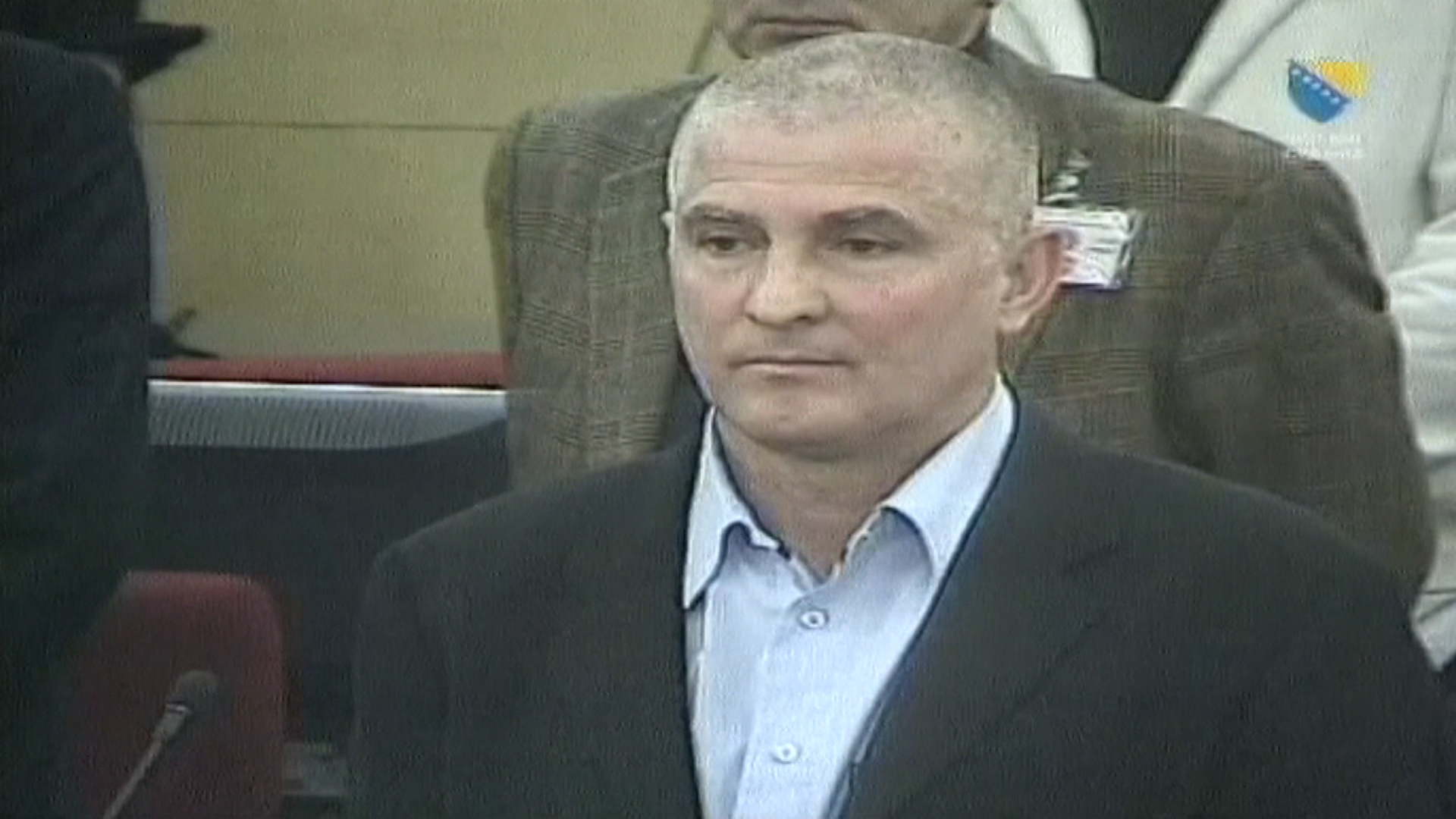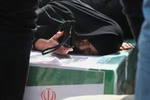
Bosnia's Justice Minister said that Croatia reducing the war crimes sentence Bosnia handed down to a wartime Bosnian Croat general is not problematic, as the two countries signed an agreement in 1996 which proclaims that convicted persons serve sentences according to the laws of the states where they are located.
A court in Zagreb recently decreased the sentence of Marko Radic from 21 to 12-and-a-half years in prison for crimes against humanity committed in Mostar, Bosnia and Herzegovina, in 1993 and 1994.
Bosnia's state court sentenced Radic in 2011, but Justice Minister Josip Grubesa approved his request to serve his sentence in Croatia.
Judges in Zagreb have cut his sentence because the Croatian law does not recognise the concept of joint criminal enterprise which some of the charges he was convicted of in Bosnia were related to.
According to the decision of the Zagreb court, Radic, who was detained in 2006 and was supposed to stay behind bars until 2027, will be released by the end of this year.
Grubesa said earlier he had allowed Radic, who has Croatian citizenship, to continue serving his sentence in Croatia because Bosnia was a signatory to the Convention on the Transfer of Sentenced Persons, under which every sentenced person has the right to serve the entire or a part of their sentence in their home country.
The decision of the Zagreb court sparked outrage within the main Bosniak ethnic-oriented party in the country, the Party for Democratic Action (SDA), which, in a press statement, said that Grubesa and Croatia's judiciary "gravely abused" the Law on International Legal Assistance in criminal matters, the Agreement on Mutual Execution of Court Judgements and the European Convention on the Transfer of Sentenced Persons.
The SDA asked of the Bosnian Justice Ministry and of Croatia judiciary to review the decision, as "releasing war criminals in such a way represents a grave mockery of justice and an insult to the victims, and cannot contribute to reconciliation in Bosnia and Herzegovina, or the entire region."
"Croatia is becoming a haven for criminals who flee from Bosnia and Herzegovina," SDA leader and Bosniak member of the tripartite Presidency, Bakir Izetbegovic, said in a press conference on November 8.
The reduced sentence was also criticised by Serge Brammertz, chief prosecutor of the International Residual Mechanism for Criminal Tribunals, the successor to the International Criminal Tribunal for the former Yugoslavia (ICTY) in The Hague.
Brammertz said he could not understand the decision to transfer Radic to Croatia.
During the early 1990s war, Radic was the commander of the 1st Bijelo Polje Battalion of the 2nd HVO Brigade. According to the sentence, he took part in the setting up of prisons, ordered the unlawful arrest of a number of Bosniak civilians, and was responsible for using men for forced labour and keeping them in brutal, humiliating and inhumane conditions.
The joint criminal enterprise refers to a sentence the International Criminal Tribunal for the former Yugoslavia (ICTY) handed down against six top officials of the wartime unrecognised Bosnian Croat statelet of Herzeg Bosna (HB). The Court said that the six have, with the help of top officials in Croatia, including the Croatian wartime President, committed war crimes with the purpose “to ethnically cleanse Bosnian Muslims and contributed to realizing that goal.”
Croatia does not accept this definition.
Kakvo je tvoje mišljenje o ovome?
Učestvuj u diskusiji ili pročitaj komentare





 Srbija
Srbija
 Hrvatska
Hrvatska
 Slovenija
Slovenija



























































